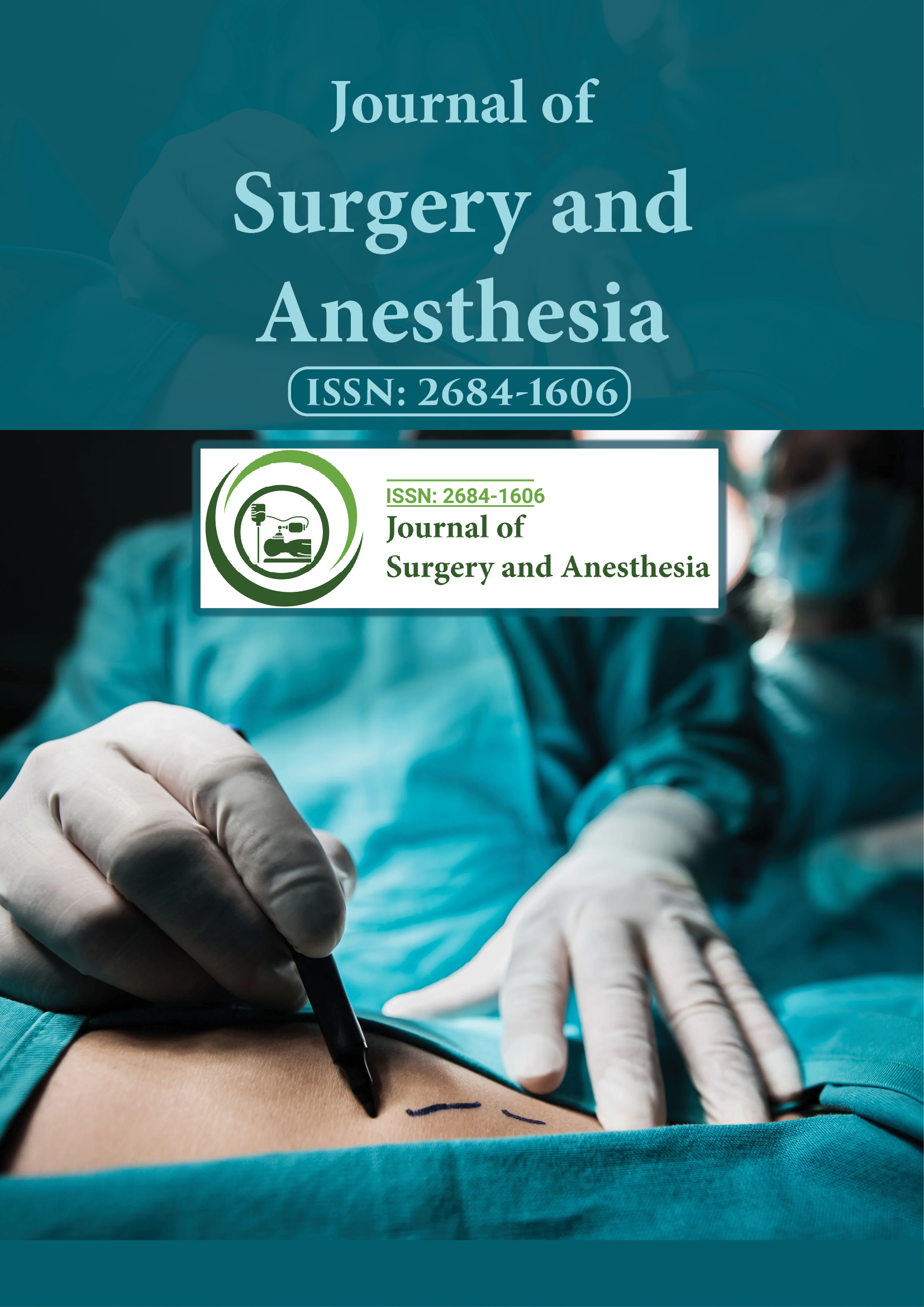зҙўеј•дәҺ
- и°·жӯҢеӯҰжңҜ
жңүз”Ёзҡ„й“ҫжҺҘ
еҲҶдә«жӯӨйЎөйқў
жңҹеҲҠдј еҚ•

ејҖж”ҫиҺ·еҸ–жңҹеҲҠ
жҠҪиұЎзҡ„
еӨ–科еҢ»еёҲеҜ№йҳҝзүҮзұ»иҚҜзү©еӨ„ж–№зҡ„жҖҒеәҰгҖҒзңӢжі•е’ҢеҒҡжі•зҡ„е·®ејӮ
Thiesset FHгҖҒSchliep KCгҖҒHuang LCгҖҒValentin VLгҖҒGren LHгҖҒPorucznik
иғҢжҷҜпјҡжүӢжңҜеҗҺиҝҮйҮҸдҪҝз”ЁйҳҝзүҮзұ»иҚҜзү©дјҡдҪҝжӮЈиҖ…йқўдёҙеҸ‘еұ•дёәж…ўжҖ§йҳҝзүҮзұ»иҚҜзү©дҫқиө–зҡ„й«ҳйЈҺйҷ©гҖӮе…ідәҺз–ҫз—…жҺ§еҲ¶е’Ңйў„йҳІдёӯеҝғ (CDC) йҳҝзүҮзұ»иҚҜзү©еӨ„ж–№жҢҮеҚ—еңЁжңҜеҗҺзҺҜеўғдёӯзҡ„дҪҝз”Ёжғ…еҶөзҹҘд№Ӣз”ҡе°‘гҖӮ
жқҗж–ҷе’Ңж–№жі•пјҡжң¬з ”究дёәжҸҸиҝ°жҖ§жЁӘж–ӯйқўз ”究пјҢз ”з©¶еӨ–科еҢ»еёҲејҖе…·зҡ„йҳҝзүҮзұ»иҚҜзү©еӨ„ж–№гҖӮиҝӣиЎҢдәҶжҸҸиҝ°жҖ§з»ҹи®ЎгҖӮ
з»“жһңпјҡ APCпјҲ70%пјүжҠҘе‘ҠеңЁжүӢжңҜдёӯдҪҝз”Ё CDC жҢҮеҚ—зҡ„еҸҜиғҪжҖ§й«ҳдәҺеӨ–科еҢ»з”ҹпјҲ39%пјүе’Ңе®һд№ еҢ»з”ҹпјҲ32%пјүгҖӮеҸӘжңү 14% зҡ„еӨ–科еҢ»з”ҹгҖҒ22% зҡ„е®һд№ еҢ»з”ҹе’Ң 8% зҡ„ APC иЎЁзӨәиҮӘе·ұжңүиҙЈд»»е°ұйҳҝзүҮзұ»иҚҜзү©еӨ„зҪ®дёәжӮЈиҖ…жҸҗдҫӣе’ЁиҜўгҖӮ
з»“и®әпјҡжүӢжңҜе’Ңз”ұжӯӨдә§з”ҹзҡ„йҳҝзүҮзұ»йә»йҶүе“Ғз»ҷеҢ»йҷўжүҖеңЁзӨҫеҢәеёҰжқҘдәҶе·ЁеӨ§зҡ„е…¬е…ұеҚ«з”ҹиҙҹжӢ…е’ҢеҚұйҷ©гҖӮеӣ жӯӨпјҢдәҶи§ЈеҢ»жҠӨдәәе‘ҳзҡ„зңӢжі•еҸҜд»ҘжҢҮеҜјеҹ№и®ӯпјҢ并дёәе®һи·өж”№иҝӣе·ҘдҪңжҸҗдҫӣжңәдјҡгҖӮ